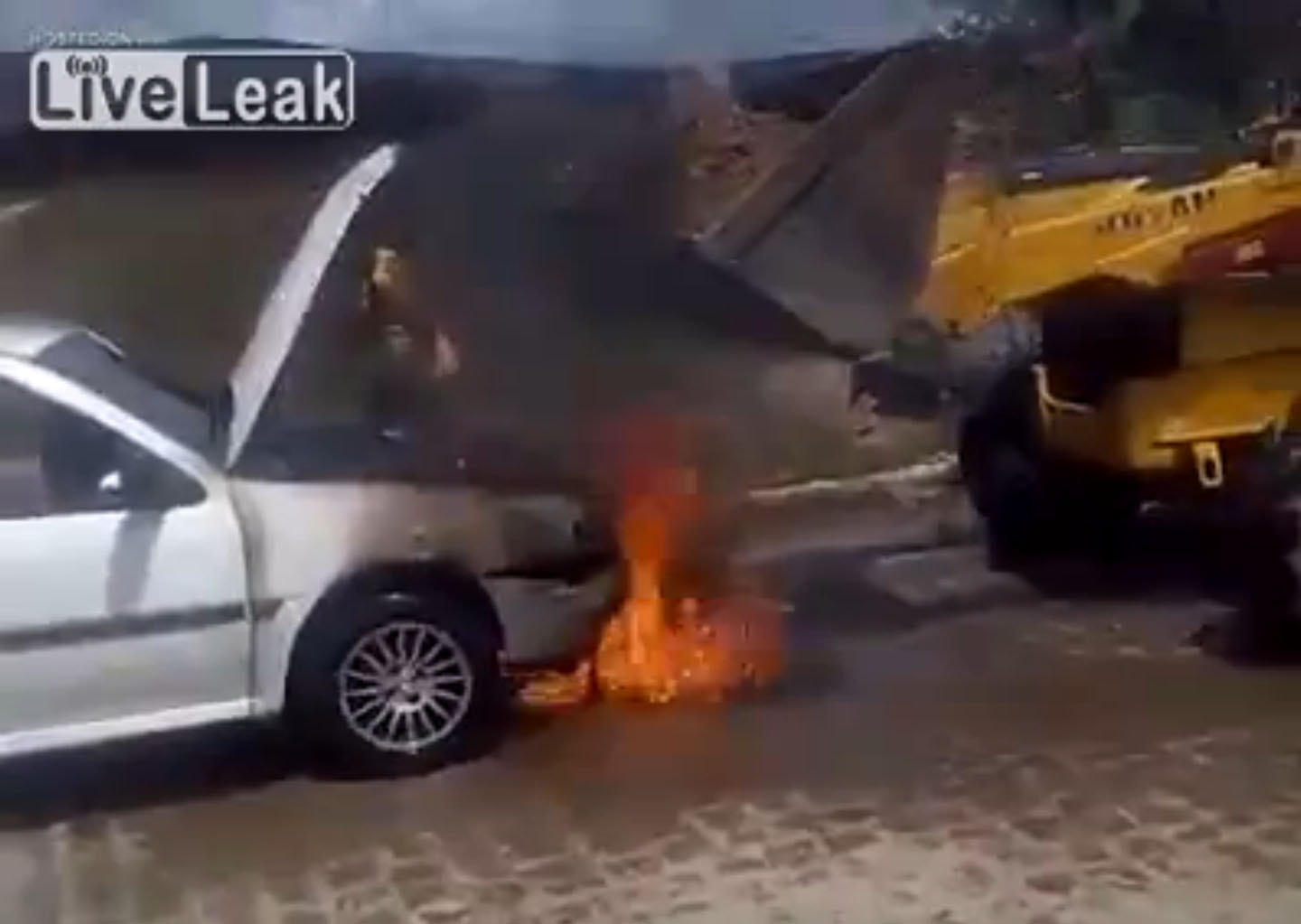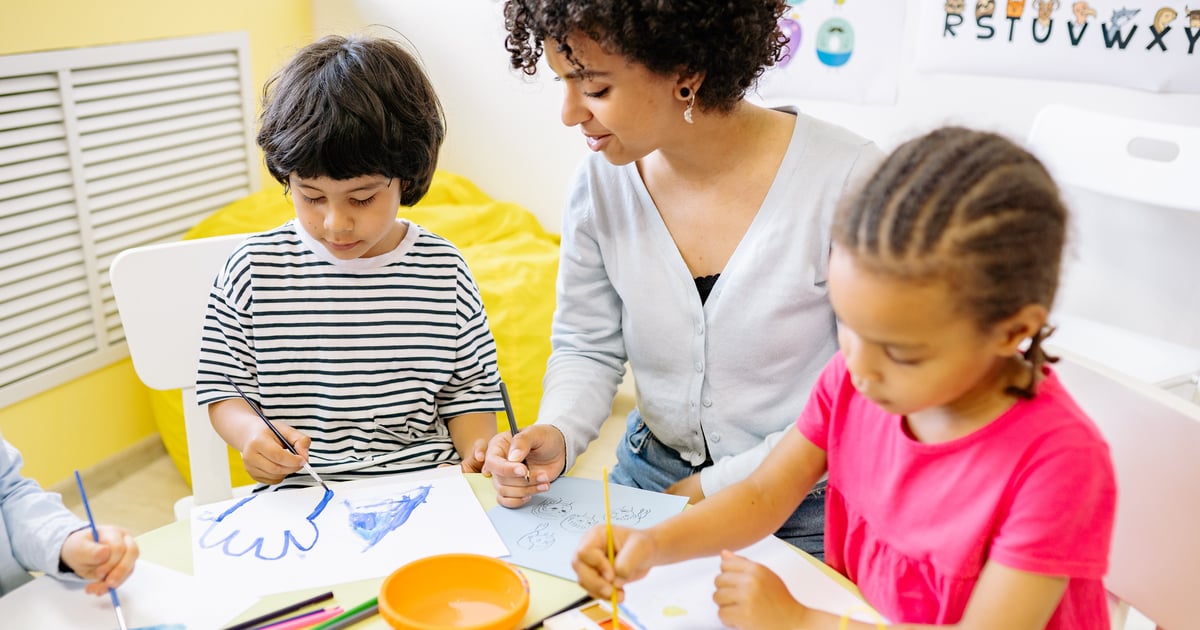

If helicopter parenting is one end of the spectrum, free-range is the other. When asked if she thinks other parents agree with her approach, she told the news outlet, “I don’t think on my side, I do think that I am a little bit rogue…but I think that that’s my choice, that’s my call.”

Her decision is being opposed by the local school district that claims child safety, not legal liability, is the driving force behind their decision. She wants her child to walk home after being dropped off at a bus stop that is about 900 feet away. Children don’t learn by telling.” This is what a New Jersey mother of a 7-year-old told Vice News. “Free range parenting is allowing your child to fall down and allowing them experiences where they can learn firsthand not hovering and telling them. The hovering, helicopter parenting approach, which is characterized by heavy parental involvement and close monitoring of a child’s whereabouts, experiences and problems, is at odds with the emerging style-free-range parenting. Much of the discord is due to a clash in parenting philosophies and perceived dangers lurking in society. However, the prevailing view is to see these as incidents of neglect.
Hands off parenting full#
So are these all delinquent parents who should feel ashamed of their actions? While you would need to know the full details of each event, it usually depends on your perspective.įor increasing numbers, these encounters are viewed as matters of convenience or, as the offending parents may put it, opportunities to foster independence in their children. They were scolded by police called to the scene, required to do hours of community service, charged with felony child abuse, or saw their children placed in temporary foster care. In each case, reported by The New York Times, these parents were chastised by authorities.
Hands off parenting movie#
In yet another instance, a parent left her three daughters watching a movie in the family minivan while she went to buy a coffee. Having no childcare, a different mom left her two children unsupervised while she went on a job interview.

Another woman dropped off her 9-year-old in a park to play with other kids on a summer day while she was at work. Subscribe NowĪ mother left her 4-year-old child in the car for about five minutes on a cool day in March while running an errand.
Hands off parenting for free#
Neil Montgomery’s recent survey of college freshmen nationwide found that students with helicopter parents were “less open to new ideas and actions and more vulnerable, anxious, and self-conscious.” These students were also more likely to be medicated for anxiety or depression.Subscribe to the Real Truth for FREE news and analysis. Thirteen percent of freshmen reported that their parents “frequently intervened on their behalf to help them solve problems they were having at the college” (Nelson, p. In a recent survey carried out by the American College Health Association, 84% of college students felt overwhelmed by responsibilities. Research indicates that young people with overinvolved parents report higher levels of depression/anxiety, decreased satisfaction with their lives and poor social and coping skill. Depriving children of problem solving practice and spontaneous exploration while directing their every move can lead to mental health problems.

Faced with uncertainly and adversity, they can pull from within. Those given time, space, freedom and autonomy develop a deeply personal method of dealing with challenges as well as true competence. While a helicopter parent may tell you his or her motivation is protecting his child, the investigative book NutureShock reveals that it's usually about protecting the parent from the “harrowing business of letting go.” Psychoanalysts have suggested that parents with narcissistic injury bred from not having achieved what they might have, can pressure offspring to provide the prestigious bumper sticker. A hands-off milieu is a great way to foster such independence. Autonomy is crucial for success in both work and love. Self-reliance is a great, if not essential asset. To make it in the real world, they need the internal skills to find their way. By eschewing downtime and increasing adult-directed structured activity, we take away their ability to develop internal resources. Wendy Mogel, “Well-intentioned parents metabolizing their anxiety for them.” By taking on their discomforts we deprive them of opportunities to develop problem solving ability. As helicopter parents, we hope to help our children achieve heights, psychologically as well as practically.


 0 kommentar(er)
0 kommentar(er)
